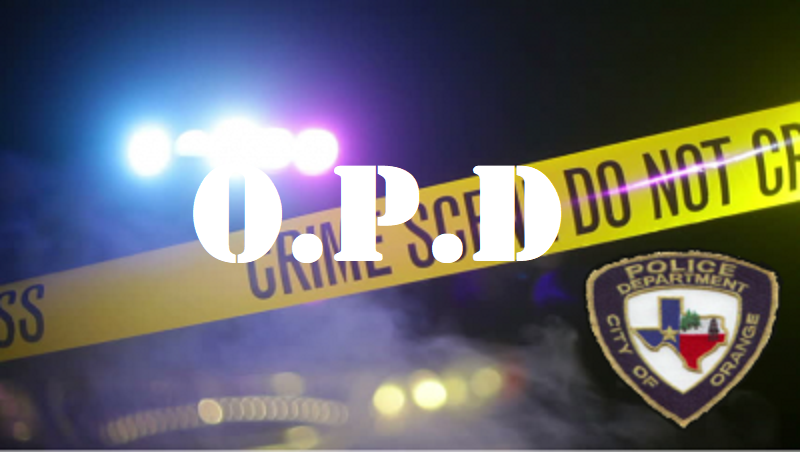New Drunk Driving Law Takes Effect in Texas
Published 10:15 am Wednesday, September 2, 2015
Special to The Leader
IRVING, Texas — A new law aimed at reducing repeat drunk driving offenses and saving lives on Texas roadways officially goes into effect on Tuesday, September 1, just ahead of one of the busiest traffic weekends of the year.
The law, signed by Governor Greg Abbott on June 19, requires all drunk driving offenders to install an ignition interlock on their vehicles to have their driving privileges restored following an arrest.
“On Tuesday, MADD celebrates a much-needed improvement to Texas’ drunk driving law as we head into the busy Labor Day weekend,” said MADD National President Colleen Sheehey-Church. “As we remind everyone to Drive Sober or Get Pulled Over, we are relieved to add Texas to the growing list of states that have taken action to protect residents and visitors from the 100 percent preventable crime of drunk driving.”
MADD applauds Governor Abbott for signing the bill, along with Representative Jason Villalba and Senator Joan Huffman for championing this important legislation.
“Ensuring the safety of those on Texas’ roadways is of utmost importance, which is why I was proud to sign this bill into law,” said Governor Abbott. “The implementation of this law is an important step in creating a safer driving experience for all residents and visitors to the Lone Star State.”
Representative Villalba was a tireless advocate for passing this new law, and he will join the MADD North Texas Walk Like MADD on September 19 in Dallas.
“I am honored to have been asked to serve as the honorary chair for the 2015 Dallas Walk Like MADD,” Representative Villalba said. “Fatalities caused by drunk driving have claimed the lives of too many Texans, and I am hopeful we will soon see a decrease in incidents and fatalities because of the legislation we passed in the 84th Legislative Session. Together, we will save lives all across Texas.”
In the Senate, Senator Huffman rallied unanimous support for the bill, ensuring it would be sent to the governor’s desk for his signature.
“The law is a common sense measure designed to increase accountability for those convicted of driving while intoxicated,” Huffman said. “The goal is to make our roads safer for everyone.”
Previously, Texas required ignition interlock devices only for repeat offenders and those with a blood alcohol concentration of .15 and above. The new law is in line with MADD’s mission to pass interlock laws that apply to all offenders, and follows the recommendations of the Centers for Disease Control and Prevention, the National Highway Traffic Safety Administration and other traffic safety organizations.
According to the National Highway Traffic Safety Administration, 40 percent of all traffic deaths in Texas are caused by a drunk driver. Texas led the nation in drunk driving deaths in 2013, when 1,337 people were killed by a drunk driver.
MADD supports the use of ignition interlocks for all offenders — instead of license suspension alone — because studies show that license suspensions are difficult to enforce and often ignored. Interlocks protect the public while allowing offenders to continue with their jobs, family obligations and other responsibilities.
The new law requires the installation of an interlock for first-time offenders with a BAC of .08 or greater if they choose to drive following a DWI arrest during a license suspension. The previous law allowed arrested DWI offenders to obtain a non-interlock restricted license following arrest. The law allows for drivers arrested for DWI to either apply for an interlock 15 days after arrest or choose not to drive. The interlock-restricted license period is at least 90 days for first-time offenders and 180 days for repeat offenders. Courts can also order an interlock upon conviction per current law.
As part of MADD’s Campaign to Eliminate Drunk Driving launched in 2006, MADD’s top legislative push in states is enacting all-offender interlock laws like HB 2246. When the campaign was launched, only one state, New Mexico, had such a law. Nine years later, Texas becomes the 25th state enact this lifesaving law. For more information on ignition interlocks, please visit madd.org.




